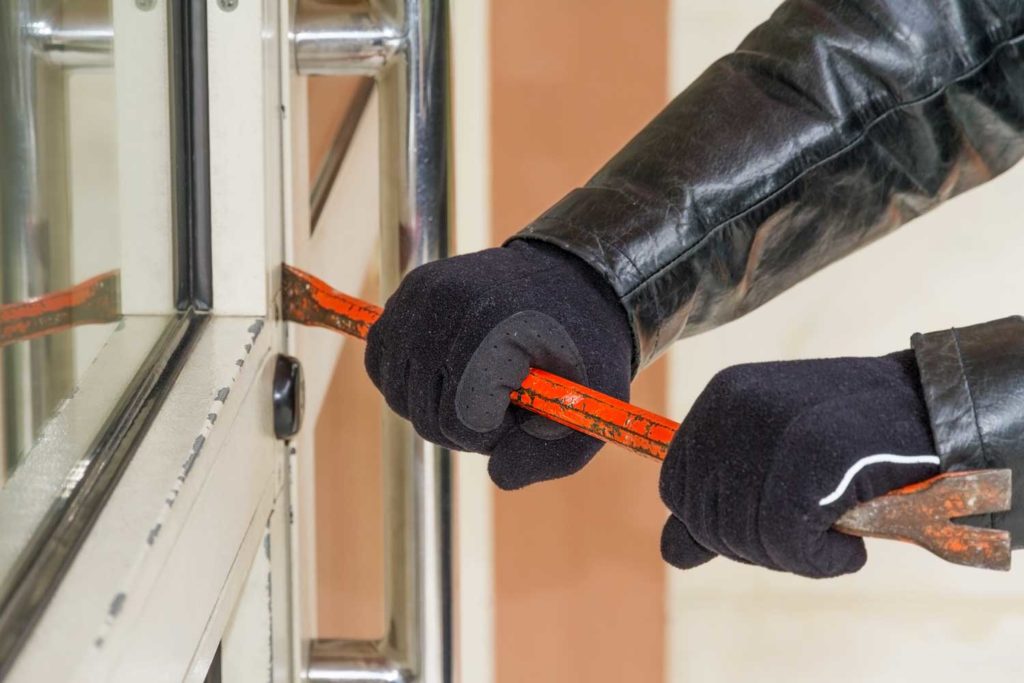The National Cybersecurity Strategy, recently released from the White House is certainly welcome news. Improving cybersecurity is always something we should strive for. But it is also indicative of a problem: physical security often takes a back seat to cybersecurity both inside and outside of the White House. The media tends to make big news out of data breaches and the like, but petty theft occurring at local businesses gets little if any attention.
And yet, physical theft costs the United States an enormous amount of money each year. According to FBI statistics, more than $6 billion is lost annually to motor vehicle theft, almost the same amount in larceny thefts, and $3 billion to burglary.
This crime is often unnoticed or downplayed for a variety of reasons. For one, it’s perpetrated domestically so there’s not a “big, bad” nation state to go after. It also tends to impact a smaller number of people than a big data breach, so once the story has been reported (if it’s reported) it’s over. Finally, physical theft has been around since the dawn of time, so it’s “old news” compared to cybersecurity.
Physical Theft Impacts Everyone
Physical theft comes in many flavors. Sometimes it’s perpetrated by a “lone wolf,” other times it’s part of an organized crime effort to target certain products or materials. For utilities, they have to worry about the theft of precious metals and valuable products that are available in remote locations. For car dealers (used and new), thieves may be after catalytic converters, air bags, tire rims or the cars themselves. And construction companies have to worry about the theft of tools, materials and machinery from both warehouses and laydown yards in their many remote sites.
Many factors impact crime, including the location, opportunity, and even the economy. At Pro-Vigil, we help organizations fight crime by stopping criminals before they can do harm – when they are outside the premises or worksite. With our remote video monitoring (RVM) services, organizations can place video cameras and lighting in strategic locations where crime is most likely to occur. Our teams of “virtual security guards” watch the cameras to make sure there is nobody on the premises who does not belong there.
Our guards are helped by artificial intelligence that tells them when to look at a video feed, and what to look for. From there they can set off audio and visual deterrents to scare off intruders or, in rare cases, call local law enforcement to intervene. For our customers, the benefit is to stop crimes before they happen, so they don’t become an FBI statistic. For customers that engage in remote operations or have a need to move security when they need it, Pro-Vigil Mobile provides all of the capabilities of our fixed solution in a mobile form factor – this means connection to the cell network and solar power, so they are completely autonomous units that are easy to move.
Cybersecurity is important, but too often organizations focus on getting breached more than they focus on physical crime – luckily, Pro-Vigil is focused on the latter and can help organizations even the score.






